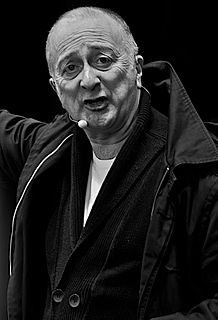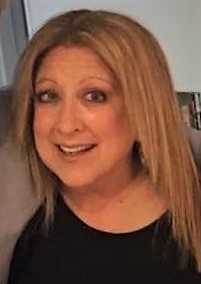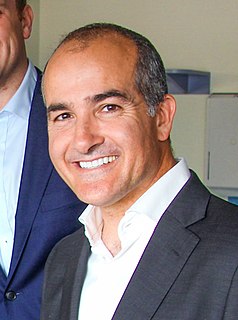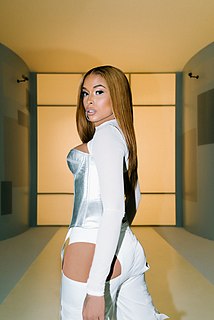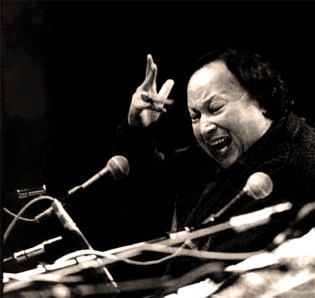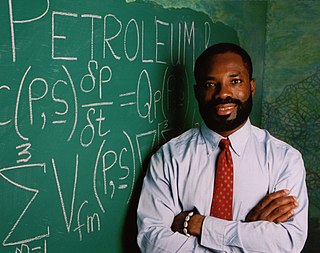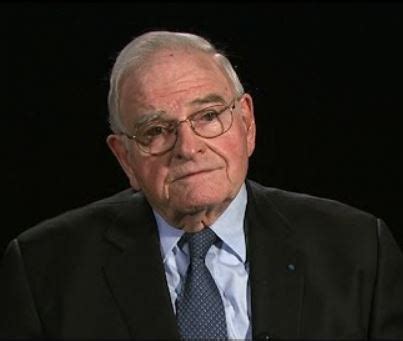A Quote by Tony Robinson
I didn't have much of a formal education myself.
Quote Topics
Related Quotes
As a physician, we are taught that learning and education never stop - they are lifelong. I think education comes in various forms: formal, informal, and most importantly, experiential. All of this defines who we are and gives us if you will our abilities to function as leaders. I believe all of those pieces constitute formal education - it is invaluable to who we are and how well we perform.
My formal education as an extension to my college degree in journalism was the time that I spent working with the student newspaper. I would argue that my greatest education occurred by working for the student newspaper. It wasn't necessarily the classroom work that made my formal education special. It was the idea that I had the opportunity to practice it before I went into the real world.
One must search diligently to find laudatory comments on education (other than those pious platitudes which are fodder for commencement speeches). It appears that most persons who have achieved fame and success in the world of ideas are cynical about formal education. These people are a select few, who often achieved success in spite of their education, or even without it. As has been said, the clever largely educate themselves, those less able aren't sufficiently clever or imaginative to benefit much from education.
At the moment I would like to emphasize the need for vocational training, for non-formal education in Burma to help all those young people who have suffered from a bad education. They have to be trained to earn their living. They have to have enough education vocational training to be able to set up respectable lives for themselves.
